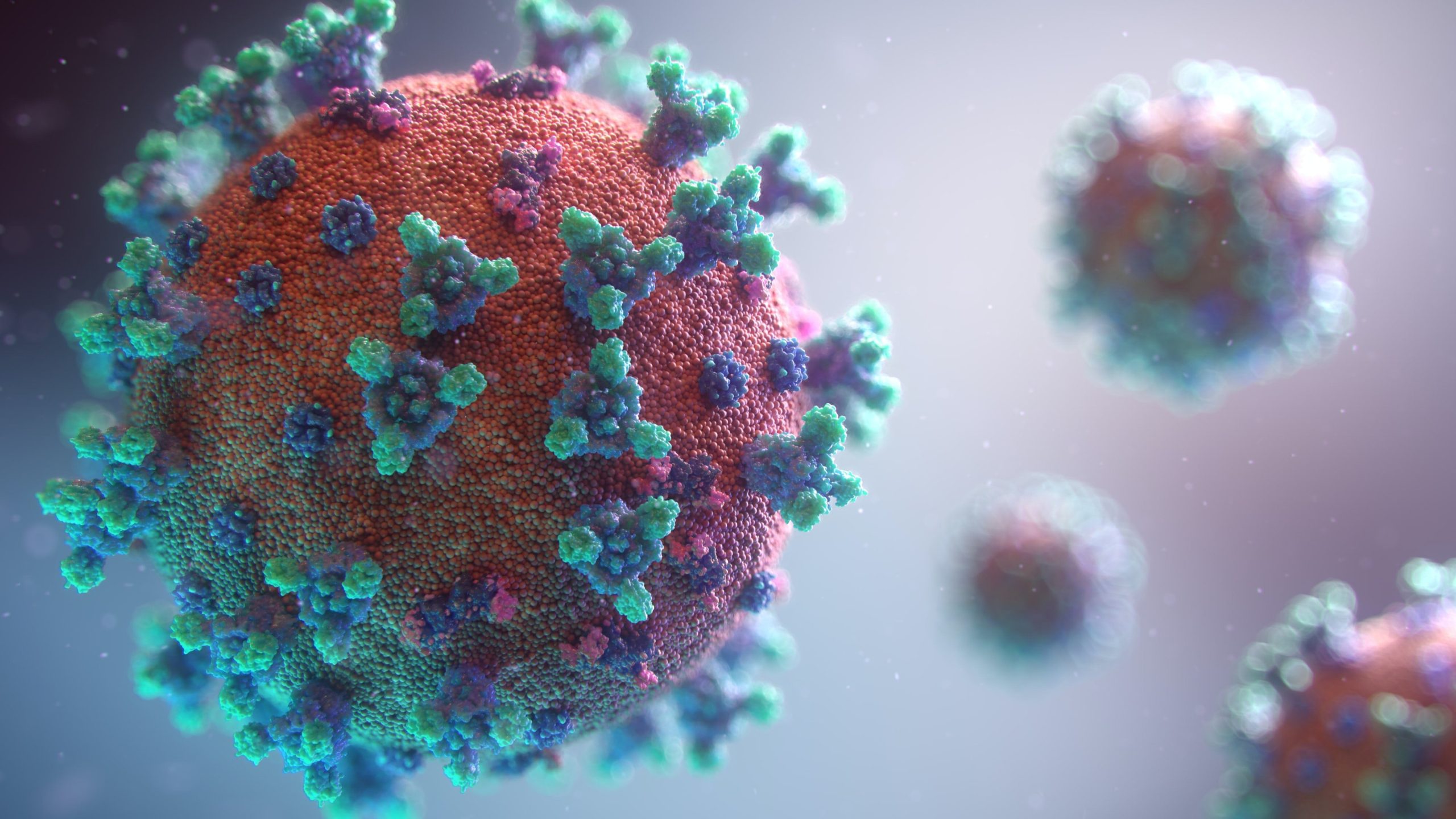As the world continues to grapple with the devastating effects of Covid-19, scientists are still trying to uncover answers about its origins. Despite numerous studies and investigations, many questions remain unanswered. From conspiracy theories to lab leak hypotheses, the search for clarity has become increasingly complex. Join us as we delve into what we know so far and explore some of the most compelling mysteries surrounding this global pandemic.
Where did Covid come from?
In the early days of the Covid-19 pandemic, there was much speculation about the origins of the virus. Was it man-made? Was it natural? Where did it come from?
Now, more than a year later, we still don’t have all the answers. But what we do know is that Covid-19 is most likely of natural origin.
There are several theories about where Covid-19 came from. One theory suggests that the virus originated in bats and then was transmitted to humans via another animal, such as a pangolin. Another theory suggests that the virus may have originated in a laboratory in China.
However, there is no definitive evidence to support either of these theories. The most likely scenario is that Covid-19 emerged naturally from an animal population and then spread to humans.
We may never know exactly where Covid-19 came from or how it started. But understanding its origins is crucial to preventing future pandemics.
How did Covid evolve?
The outbreak of Covid-19 began in Wuhan, China in December 2019. The virus is thought to have originated from bats and then spread to humans through an intermediary animal. The exact animal source is still unknown. Early cases were initially linked to a live animal market in Wuhan, but the virus has since spread through human-to-human contact.
Covid-19 is a novel coronavirus, meaning it is a new strain that has not previously been seen in humans. The virus is similar to SARS-CoV, the virus that caused the 2002-2004 SARS pandemic. However, there are key differences between the two viruses. For example, Covid-19 seems to be more contagious than SARS-CoV and causes milder symptoms in most cases.
As of November 2020, there have been over 50 million confirmed cases of Covid-19 worldwide and over 1 million deaths. The global pandemic has had a major impact on economies, societies and individual lives. Scientists are still learning about this new virus and working hard to find treatments and vaccines.
What are the different theories about the origins of Covid?
There are four different theories about the origins of Covid that are currently being investigated. The first theory is that Covid originated in bats and was transmitted to humans via an intermediate host, such as a pangolin. The second theory is that Covid originated in another animal, such as a cat or a dog, and was then transmitted to humans. The third theory is that Covid originated in humans and was then transmitted to animals. The fourth theory is that Covid was created in a laboratory and was then released into the population. Each of these theories has its own body of evidence that supports it, and each theory has its own detractors.
What does the future hold for Covid research?
The world is still largely in the dark about the origins of Covid-19. Scientists are working tirelessly to uncover the mysteries of this pandemic, but there is still much to be learned. The future of Covid research will be critical in determining how to best prepare for and respond to future outbreaks. With new discoveries comes new questions, and only through continued research will we be able to fully understand this disease and find ways to protect ourselves from it.
Conclusion
Our search for answers on the origins of Covid is ongoing. While there have been advances made in uncovering more information, as well as theories being developed, it is clear that there are still many questions we do not have the answers to. In order to make a better future for ourselves and our children, understanding the true origin of this pandemic must be at the top of our priority list. Only then can we fully prepare for any similar tragedies that may arise in future years and truly understand how best to prevent them from happening again.










